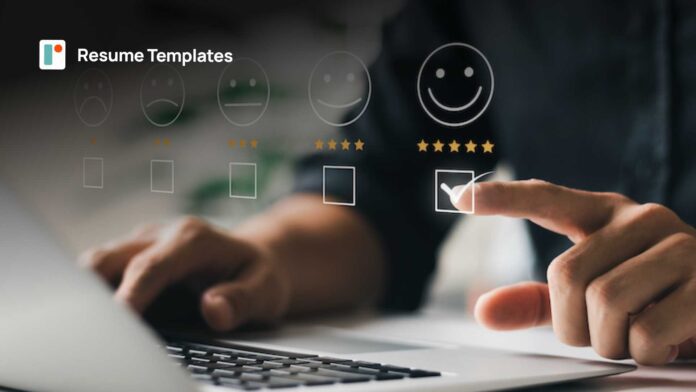It’s not just memes fueling the “OK, Boomer”–meets–“Quiet Quitting” generational divide—there’s data to back it up. A new ResumeTemplates.com survey of 1,000 U.S. hiring managers reveals that six in ten employers are hesitant to hire Gen Z, and one in eight go as far as to call the average Gen Zer “unemployable.”
At the same time, employers are increasingly looking to artificial intelligence to fill the entry-level gap—a shift that could redefine what the first rung of the career ladder even looks like.
Gen Z’s Image Problem
According to the survey, hiring managers’ top complaints about Gen Z workers focus on work ethic (81%), entitlement (74%), and professionalism (68%). Nearly one in five managers (18%) say Gen Z has already had a negative impact on company productivity.
“I’m not surprised by these findings,” said Julia Toothacre, Chief Career Strategist at ResumeTemplates.com. “Years ago, Millennials were labeled the same way. Critiques about entitlement and professionalism follow every generation entering the workforce—it often comes down to experience, shifting workplace norms, and how schools prepare young professionals.”
In other words, some of this tension might be less about generational failings and more about a rapidly changing definition of work itself—hybrid schedules, digital communication styles, and evolving expectations of employer responsibility.
AI Steps Into the Entry-Level Void
While older generations may remember the entry-level job as a proving ground, many of those roles are quietly disappearing. Nearly three in ten companies (29%) have already replaced entry-level workers with AI, and another 34% are considering it.
The reasons? Speed, consistency, and fewer errors. Forty-one percent of hiring managers say AI is simply more reliable than Gen Z hires.
And the trend isn’t slowing down. A staggering 68% of managers believe AI will reduce the need for entry-level employees within five years.
Toothacre warns this could have serious long-term consequences:
“Every professional has to start somewhere, and it’s not at the mid-career level. By replacing entry-level roles with AI, companies risk cutting off their own talent pipeline. Over time, that could lead to a shortage of skilled mid- and senior-level professionals.”
A Perfect Storm for the Future Workforce
The findings underscore a growing tension at the intersection of HR technology, workforce planning, and generational change. As automation accelerates and Gen Z continues to mature into the job market, employers may face a paradox: fewer entry-level opportunities for humans, but a growing need for human adaptability and creative problem-solving.
That raises a critical question for HR leaders: Are we training the next generation—or training AI to replace it?
Methodology
The survey was conducted in October 2025 by ResumeTemplates.com. It included 1,000 U.S. hiring managers, screened to meet demographic and professional criteria prior to participation.
Join thousands of HR leaders who rely on HRTechEdge for the latest in workforce technology, AI-driven HR solutions, and strategic insights







